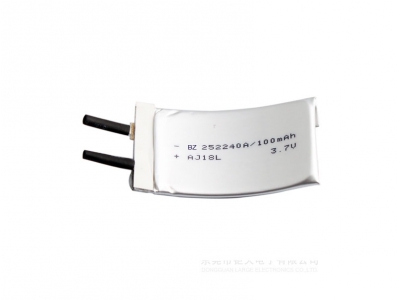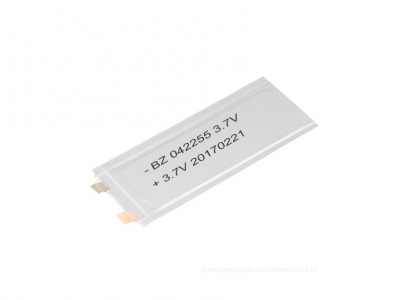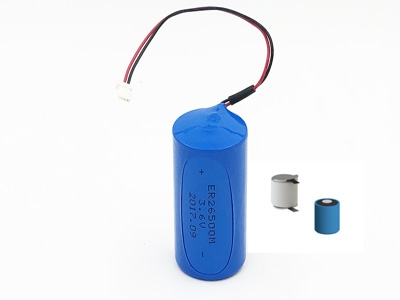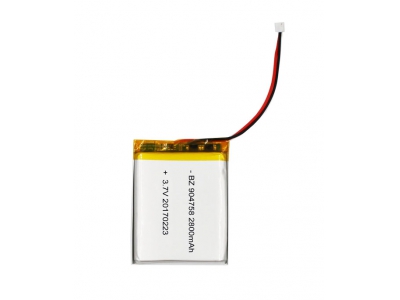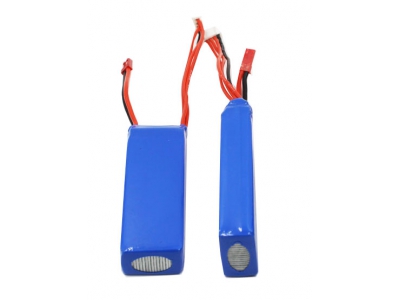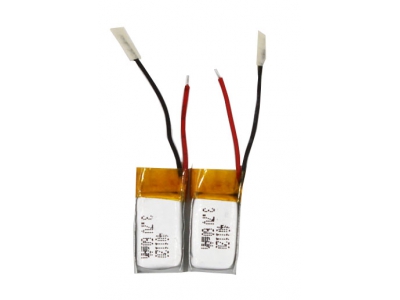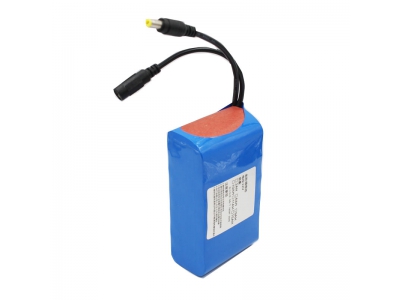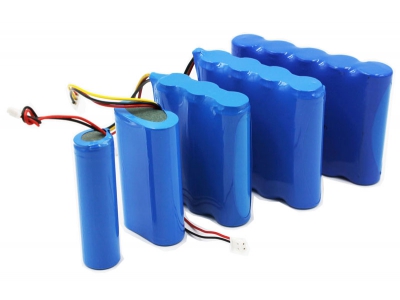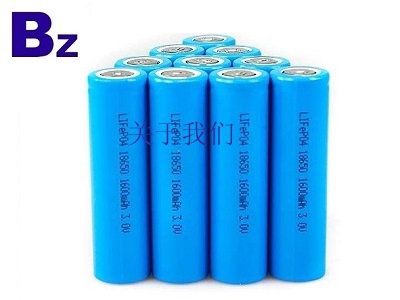Nanowires could make lithium ion batteries safer
From cell phones and laptops to electric vehicles, lithium-ion batteries are the power source that fuels everyday life. But in recent years, they have also drawn attention for catching fire. In an effort to develop a safer battery, scientists report that the addition of nanowires can not only enhance the battery‘s fire-resistant capabilities, but also its other properties.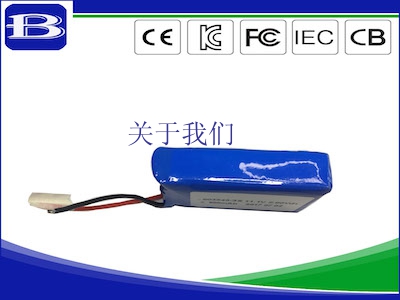
In lithium-ion batteries (LIBs), lithium ions move back and forth between electrodes through an electrolyte. Traditional LIBs have a liquid electrolyte made of salts and organic solvents, but it evaporates easily and can be a fire hazard. So, researchers have turned their attention to solid-state electrolytes as potential alternatives. Several options have been proposed for solid-state electrolytes, but most are not stable or cannot meet large-scale demands. Polymer electrolytes have shown potential because they are stable, inexpensive and flexible; but they have poor conductivity and mechanical properties. So, scientists have been adding an array of compounds to enhance the electrolyte. Xinyong Tao and colleagues previously made magnesium borate (Mg2B2O5) nanowires, which had good mechanical properties and conductivity. They wanted to see whether these properties would also be imparted to batteries when these nanowires were added to a solid-state polymer electrolyte.
The team mixed the solid-state electrolyte with 5, 10, 15 and 20 weight percent of the Mg2B2O5 nanowires. They observed that the nanowires increased the conductivity of the electrolytes and allowed them to sustain more stress compared to the electrolyte without nanowires. The increase in conductivity was due to an increase in the number of ions moving through the electrolyte at a faster rate. The group also tested the flammability of the electrolyte and found that it barely burned. When the nanowire-enhanced electrolyte was paired with a cathode and anode like it would be in a battery, the set-up had a better rate performance and higher cyclic capacity than batteries without added nanowires.






